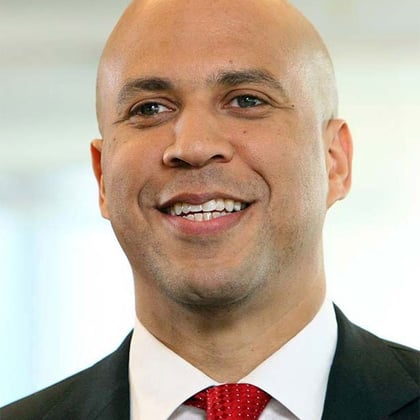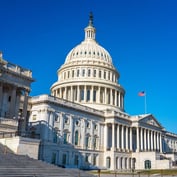What You Need to Know
- Experts agree that so-called emergency savings sidecars could help many Americans get on a sounder financial footing.
- The senators hope their automatic emergency savings legislation can be included in an omnibus year-end bill.
- As proposed, contributions to emergency savings accounts would be treated as elective deferrals for purposes of retirement matching contributions from employers.
On Tuesday, U.S. Senators Cory Booker, D-N.J., and Todd Young, R-Ind., called on their fellow members of Congress to pass legislation to make it easier for workers to generate and maintain emergency savings.
The lawmakers made their case during a webinar hosted by the Bipartisan Policy Center, and they focused their advocacy primarily on the Emergency Savings Act of 2022, a bill that was included as part of a broader legislation package passed earlier this year out of the Senate Health, Education, Labor and Pensions Committee.
The broader bill passed by the Senate HELP Committee is known as the Rise & Shine Act. The Rise & Shine package, in turn, is seen by lawmakers and retirement industry stakeholders as a key part of the popular Secure Act 2.0 retirement reform framework that is working its way through Congress.
Booker and Young conceded that while they remain optimistic that Secure Act 2.0 could pass during the lame-duck session, passage of the retirement bill may slip into next year.
Secure Act 2.0 would likely be attached to another must-pass bill, Young said. “As we approach year’s end, we have a national defense authorization bill to consider, we want to keep government funded, there may be an omnibus — a grab bag of legislative items as we approach year’s end to include various tax bills,” he said.
“Right now there are eight legislative leaders in Congress all working together to see how they can advance this retirement savings and security legislation,” Young continued. “We have some retiring members that would like to see their provisions in a larger Secure 2.0 bill pass … If for whatever reason we fall short … I think as we head into next year we’re going to have divided government that will be searching for things that can actually be accomplished. I would put this [Secure Act 2.0] very high on the list of priorities and possibilities.”
Young added: “I have tempered optimism about our ability to get something done” regarding Secure Act 2.0 this year. “I have high confidence that next Congress we can get Secure 2.0 or some very close variant of that passed.”
According to Booker and Young, the time is right for passage of all these bills. They said the suite of ambitious legislation would go a long way towards modernizing the U.S. employer-based retirement plan system and heading off a frightening “retirement crisis” in the United States.
This is especially important, the lawmakers said, because many Americans today lack pensions and are planning to rely entirely on private savings and Social Security to fund their retirements.









 November 30, 2022 at 11:33 AM
November 30, 2022 at 11:33 AM











